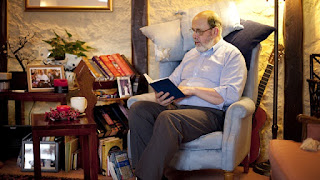Sermon - You believe in the resurrection? (Luke 20:27-40)

One of my favourite writers, and one of the greatest Biblical scholars of our generation, N.T. Wright once wrote the following: I used to tell my students that at least 20 per cent of what I was telling them was wrong, but I didn’t know which 20 per cent it was: I make many mistakes in life, in relationships and in work, and I don’t expect to be free of them in my thinking. But whereas in much of life one’s mistakes are often fairly obvious – the short cut path that ended in a bed of nettles, the experimental recipe that gave us all queasy stomachs, the golf shot that landed in the lake – in the life of the mind things are often not so straightforward. We need other minds on the job, to challenge us, to come back at us to engage with our arguments and analyses. That is how the world goes round. Here is a man who has years of research under his belt, countless books from his own pen lining bookshelves all throughout the world, a former Oxford professor, Bishop of Durham
